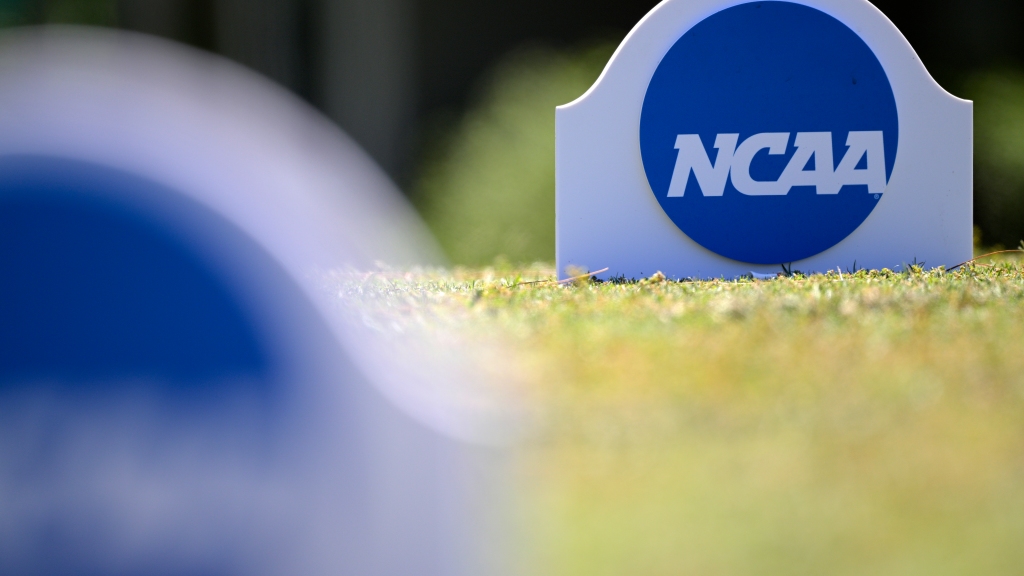The message to the NCAA couldn’t be louder, and yet so few in college sports seemingly want to hear it. The threat couldn’t be bigger, and yet there is no actual plan to deal with it.
After a series of legal defeats that have left the NCAA vulnerable, more unpopular than ever and begging for Congress’ help, there will only be so many opportunities to come up with a model that both complies with the law and maintains the general structure of how things currently work without blowing the entire enterprise to smithereens.
Where’s the creativity among all the athletics directors and conference commissioners who have gotten fabulously rich off college sports to come up with a system that justly benefits both the Alabama quarterback and the Division 2 golfer without pretending they are the same? I’m not seeing it.
And yet, after another bad day in court last week that left a panel of judges almost offended at the NCAA’s concept of amateurism, never has there been more of a need for new ideas.
To be perfectly clear, Johnson vs. NCAA – a case that asserts Division 1 athletes are employees and entitled to wages under the Fair Labor Standards Act – has not been decided. A hearing last week at the U.S. Court of Appeals for the Third Circuit centered only on whether the case will move forward or whether it gets dismissed, which is of course what the NCAA would prefer.
But several experts who watched the hearing came away with the distinct impression that the NCAA’s attorneys struggled under the judges’ line of questioning, with one even saying, “I don’t see how college athletes aren’t employees” given how much control coaches have over their schedules and the economic realities of a multibillion-dollar sports enterprise.
More: College golf coaches job blog
More: Best college golf facilities
By now, this is a familiar pattern. The NCAA’s arguments in favor of amateurism sound ridiculous to judges when they are held up against the law because they are ridiculous in any other context than the tradition of college sports.
When the legal assault on amateurism began more than a dozen years ago with Ed O’Bannon filing a lawsuit that alleged antitrust violations over the use of his name, image and likeness, judges seemed willing to show at least some deference to the NCAA as a complex and unique American institution that does not fit into a well-defined box.
But now, after enough of these cases have filtered through the court system, that…
..
Click Here to Read the Full Original Article at Golfweek…
